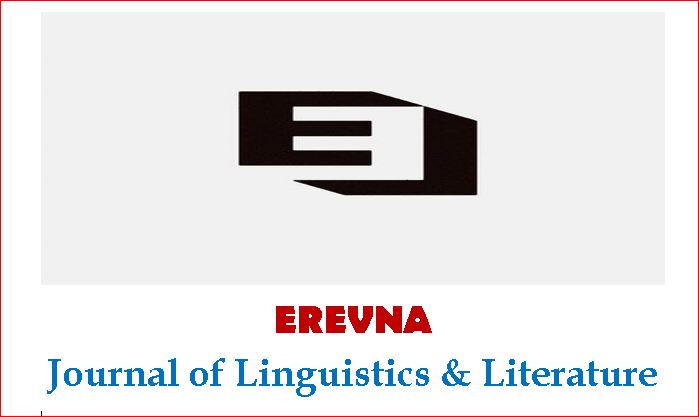Quest for Cultural Identity: Representation and Resistance in Shadows of the Pomegranate Tree
DOI:
https://doi.org/10.1234/ejll.v6i2.278Keywords:
Culture Identity Resistance Representation Eurocentric OrientalismAbstract
This study explores how the historical novel Shadows of the Pomegranate Tree (1993) offers a postcolonial reading in a cultural and religious context. The study contributes to our understanding of issues such as cultural identity and the impact of imperialism on Euro-Islamic cultural and political identities. The novel revisits the story of the Muslim community as it struggles to maintain its religious and cultural identity in the face of external pressures and internal divisions among Spanish Muslims. Furthermore sharing a common cultural Islamic heritage, Ali attempted toarticulate Euro-Islamic cultural identity in the glorious period of Moorish Spain; in doing so, Ali resisted the ethnocentric interpretations of Arab-Islamic culture as an inevitable "other.” To analyze and understand this primary distinction between two major civilizations in conflict and binary oppositions of the Orient versus the Occident since the Middle Ages, the inspiration has been drawn from the theoretical concepts of “otherness,” and “resistance” as post-colonial subversive strategies to resist the occident as proposed by Edward Said in Orientalism (1978). Religion has played an immense role in shaping people's culture and is an essential aspect of cultural identity for Muslims in Granada. Spanish Muslims' faith paved the way for Islamic intellectual culture and scholarship growth. During the crusades, Muslims in Spain struggled to defend their Islamic cultural identities against the onslaughts of the Christian reconquest. The intersection of Western history and Islam has witnessed a deep-seated and long-term civilization conflict. Moreover, to substantiate the matter further, this perennial cultural and ethnic dichotomy between “Islam” and “West” is reviewed in terms of Representation and Resistance, which surfaces periodically in postcolonial theory and literature. The study finds that the West's Orientalist perception of Muslims being despotic and barbaric is rejected, which ultimately underscores the central ideology of the text and resists the binary oppositions of intolerant Muslim versus tolerant and civilized west, thus providing the reader with a non-Eurocentric perspective on Islamic history and culture within the narrative.





